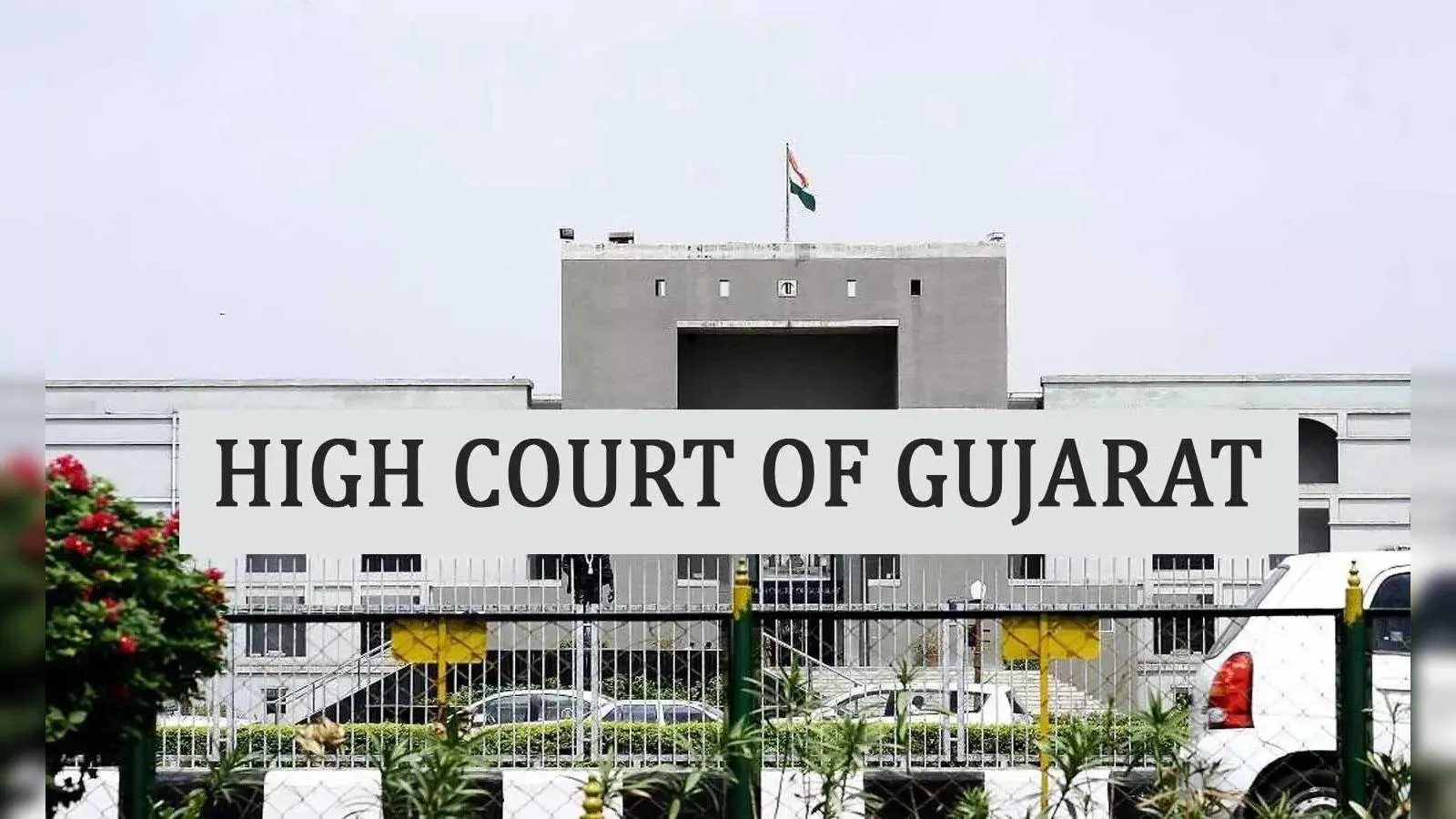The Gujarat High Court recently delivered a significant judgment concerning academic integrity, particularly in the context of legal education. The court upheld the cancellation of an LLB degree awarded by Hemchandracharya North Gujarat University after it was discovered that the student's graduation certificate, which formed the basis for their admission to the LLB program, was fraudulent. This case brings to the forefront critical issues about the sanctity of educational qualifications and the responsibilities of educational institutions in verifying the credentials of their students.
Background: The Discovery of the Fraudulent Certificate
The case arose when Hemchandracharya North Gujarat University conducted a verification of the documents submitted by its students. During this process, it was discovered that the petitioner had submitted a fraudulent graduation certificate to secure admission into the LLB program. This discovery prompted the university to initiate proceedings to cancel the LLB degree that had been awarded to the petitioner upon completion of the program. The petitioner challenged the university's decision, leading to the case being brought before the Gujarat High Court.
University’s Stand: Upholding Academic Integrity
The university argued that it had a duty to maintain academic integrity and could not allow a degree to stand when it was obtained based on fraudulent documents. The university’s counsel emphasized that allowing such a degree to remain valid would not only undermine the credibility of the institution but also set a dangerous precedent where academic fraud could be overlooked. The university further argued that the petitioner’s LLB degree was void ab initio (invalid from the outset) because it was obtained through deceitful means, which justifies its cancellation.
Petitioner’s Argument: The Question of Proportionality
The petitioner contended that the cancellation of the degree was a disproportionate punishment. They argued that the degree was awarded based on their academic performance during the LLB program, which was completed successfully. The petitioner suggested that the degree should not be nullified due to an issue with the admission process, particularly when the fraud was not related to the petitioner’s performance in the LLB course itself. The petitioner also raised concerns about the impact of the cancellation on their future prospects, emphasizing that they had already invested significant time and resources into their legal education.
Judicial Reasoning: The Importance of Honesty in Academic Admissions
The Gujarat High Court, in its judgment, upheld the university’s decision to cancel the LLB degree. The court emphasized that honesty in the admission process is fundamental to the integrity of the educational system. The judgment highlighted that the submission of fraudulent documents strikes at the very root of the admission process, rendering any qualifications obtained based on such documents invalid. The court ruled that allowing the petitioner to retain their degree would effectively endorse the fraudulent actions, which would be contrary to public policy and the principles of justice.
The court also addressed the petitioner’s argument regarding proportionality. It concluded that the cancellation of the degree was not disproportionate given the seriousness of the fraud involved. The court noted that the petitioner’s fraudulent actions undermined the integrity of the entire academic process and, therefore, warranted the cancellation of the degree, regardless of the petitioner’s academic performance during the LLB course.
Implications for Educational Institutions: Ensuring Rigorous Verification Processes
This ruling by the Gujarat High Court has significant implications for educational institutions across India. It underscores the importance of rigorous verification processes during admissions to ensure that all documents submitted by applicants are genuine. The judgment serves as a warning to both students and institutions that any attempt to gain admission through fraudulent means will be met with severe consequences, including the cancellation of degrees.
Educational institutions are now more likely to implement stricter checks and balances in their admission processes to prevent similar cases of fraud. This may include enhanced document verification procedures and more thorough background checks to ensure that all qualifications presented by applicants are legitimate. The ruling also reinforces the notion that the integrity of the admission process is paramount and must be safeguarded at all costs.
Broader Legal Implications: Upholding the Rule of Law in Education
The Gujarat High Court’s judgment also has broader legal implications for how cases of academic fraud are handled in India. It sets a precedent that courts will not hesitate to uphold the cancellation of degrees obtained through fraudulent means, even if the fraud is discovered after the degree has been awarded. This ruling is likely to discourage academic fraud by sending a clear message that such actions will have serious consequences.
Moreover, the judgment contributes to the broader discourse on the rule of law in education. It reaffirms the principle that the legal system will uphold the sanctity of educational qualifications and will take necessary action to preserve the integrity of academic institutions. The court’s decision aligns with the growing emphasis on transparency and accountability in education, which is essential for maintaining public trust in academic credentials.
Conclusion: A Landmark Judgment in Academic Integrity
In conclusion, the Gujarat High Court’s decision to uphold the cancellation of the petitioner’s LLB degree serves as a landmark judgment in the context of academic integrity. The court’s ruling underscores the importance of honesty and transparency in the admission process and sends a strong message against academic fraud. This judgment is likely to have far-reaching implications for both educational institutions and students, reinforcing the need for rigorous verification processes and the serious consequences of fraudulent actions. As the legal and educational landscapes continue to evolve, this ruling will stand as a significant precedent in the ongoing effort to uphold the integrity of academic qualifications in India.










0 Comments
Thank you for your response. It will help us to improve in the future.